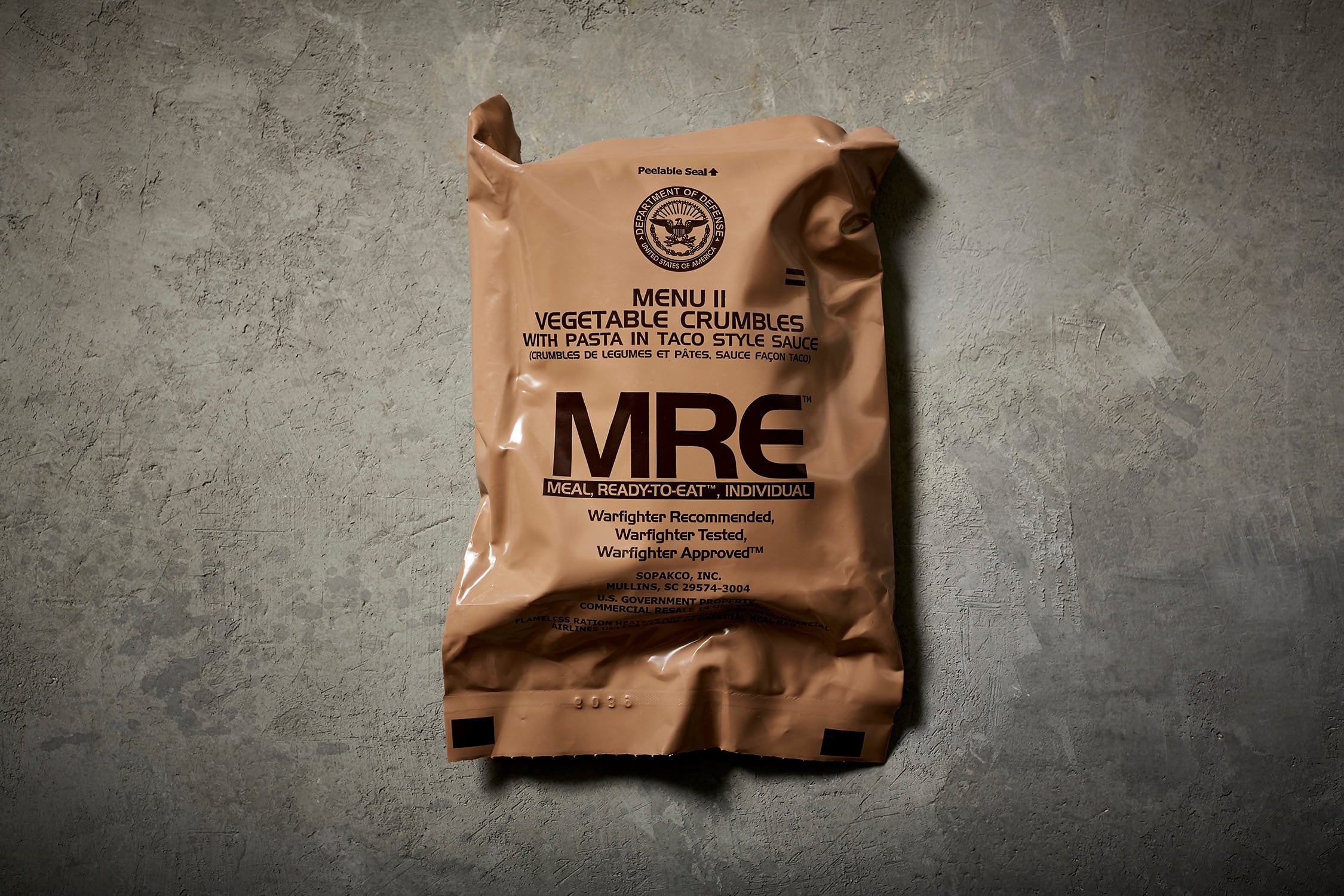An Egyptian plant called Nymphaea caerulea, more commonly known as “blue lotus,” is a flower featuring natural properties purported to help with sleeplessness and anxiety. In high doses, it can also cause paranoia, hallucinations, and even seizures.
However, because it is not considered a controlled substance, blue lotus is legally available in a majority of U.S. states — namely, in the form of vape and electronic cigarette products.
A 2021 study of several service members who ingested such blue lotus products highlighted the concoction’s possible dangers.
“The purpose of the study was to seek to be able to better recognize and identify complications arising from the use of mostly legal products that contain the flower, such as oils for vaping using an electronic cigarette, and to ensure providers can better understand and identify its effects when patients present with symptoms similar to the case studies,” according to Defense Health Agency spokesperson Peter Graves.
The five troops listed in the study came in presenting an array of symptoms, from chest pain to flailing limbs, and, even worse, an inability to identify where they were.
“This case series describes five active duty patients who presented to the emergency department with altered mental status following the use of blue lotus products, four after vaping and one after making an infused beverage,” according to the report. “Patients displayed similar symptoms, including sedation and perceptual disturbances.”
A uniformed TikTok’r with the username “MrYungProdigy” also joked about the hallucinogenic nature of blue lotus in a brief video.
Because it isn’t regulated by the FDA and has psychotropic properties, the U.S. military has added blue lotus to its banned substance list. However, the substance does not show up on urinalysis tests.
“While these products are indeed mostly legal, service members are not supposed to be using them,” Graves added.
Though the Defense Department did not specify how it singles out troops who may be using blue lotus, those caught may face repercussions.
“In general, if a service member is using a banned substance, they are subject to the punitive regulations regardless of the substance,” DoD spokesperson Cmdr. Nicole Schwegman told Military Times.
Sarah Sicard is a Senior Editor with Military Times. She previously served as the Digitial Editor of Military Times and the Army Times Editor. Other work can be found at National Defense Magazine, Task & Purpose, and Defense News.
In Other News















